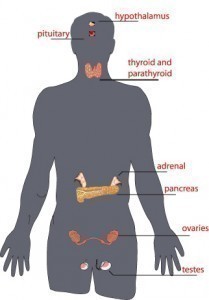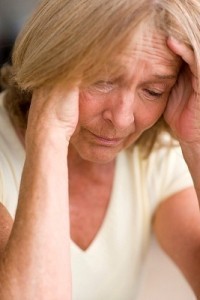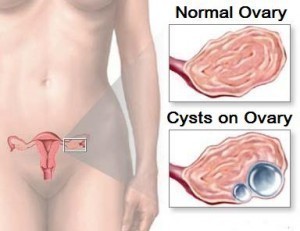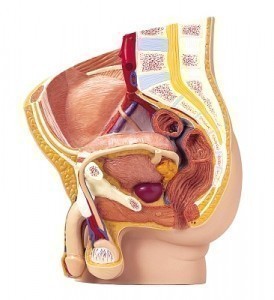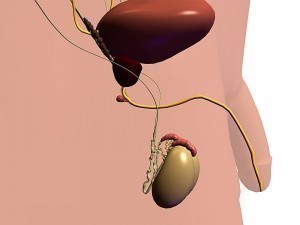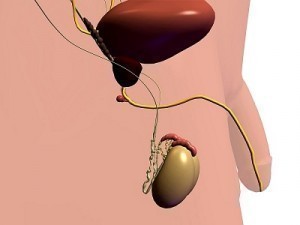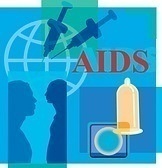Menopause Symptoms
The menstrual cycle ends for most women around age 50. In some cases it takes place a few years earlier or later. But regardless of age, the symptoms are pretty much the same.
Menopause Signs
The most obvious sign of course, is an irregular menstrual cycle. The cycle doesn’t just end abruptly. What happens is that it becomes irregular until it stops completely. But there are other symptoms. These include headaches and difficulty in concentrating. A bit of memory loss is also experienced.
Other major signs are irritability and frequent mood swings. Some women also have trouble sleeping. Night sweats are also quite common. There may also be breast or hair changes. Women may also experience some heart palpitations and tire early. The severity of the symptoms varies among women.
Menopause Diagnosis
One should consult a doctor once these symptoms manifest so the right course of action can be taken. Usually a description of the symptoms will enable a doctor to know if the menstrual cycle is ending.
Other major signs are vaginal dryness, lack of sexual interest and hot flashes. The cause of hot flashes is still unknown but their effects last from a year to almost five years.
Medical consultation will help a woman understand her frequent mood swings. The mood swings may include becoming quick to anger. The doctor should be able to tell the patient that it is perfectly normal.
Menopause Treatment
A test called follicle-stimulating hormone (FSH) is done if there’s no period for three months. This is used to assess if the menstrual cycle is concluding. Prior to treatment, a check of the estrogen and progesterone levels are performed. A reading of 10-12 indicates the menstrual cycle has ended.
HRT (hormonal replacement therapy) replaces the lost estrogen. At the same time it keeps hot flashes down. The treatment also keeps a woman safe against illnesses associated with low hormones. These include heart attacks and osteoporosis. Selective estrogen receptor modulators (SERMS) are among the latest types of HRT.
SERMS was developed due to reports that HRT can cause breast cancer. The studies show that it is most likely to affect women over 55 and using HRT for more than five years. The SERMS was developed specifically to eliminate this possibility.
Menopause Alternative Treatments
An increasing number of women have been using yoga to relieve stress connected with menopausal symptoms. There are particular yoga positions (called asanas) that can improve moods and boost blood circulation.
It can also help reduce hot flashes and even urinary difficulties. One should consult an expert prior to executing any of the asanas.
Regular exercise can also help. Studies show working out 20 minutes a week will keep hot flashes down. Acupuncture has been used by women to eliminate insomnia and manage irregular periods. As with yoga, consulting a qualified professional is a must.
But whatever the treatment used, just as important is understanding by friends and family. The mood swings and irritability should be accepted by those around her as part of menopause.
